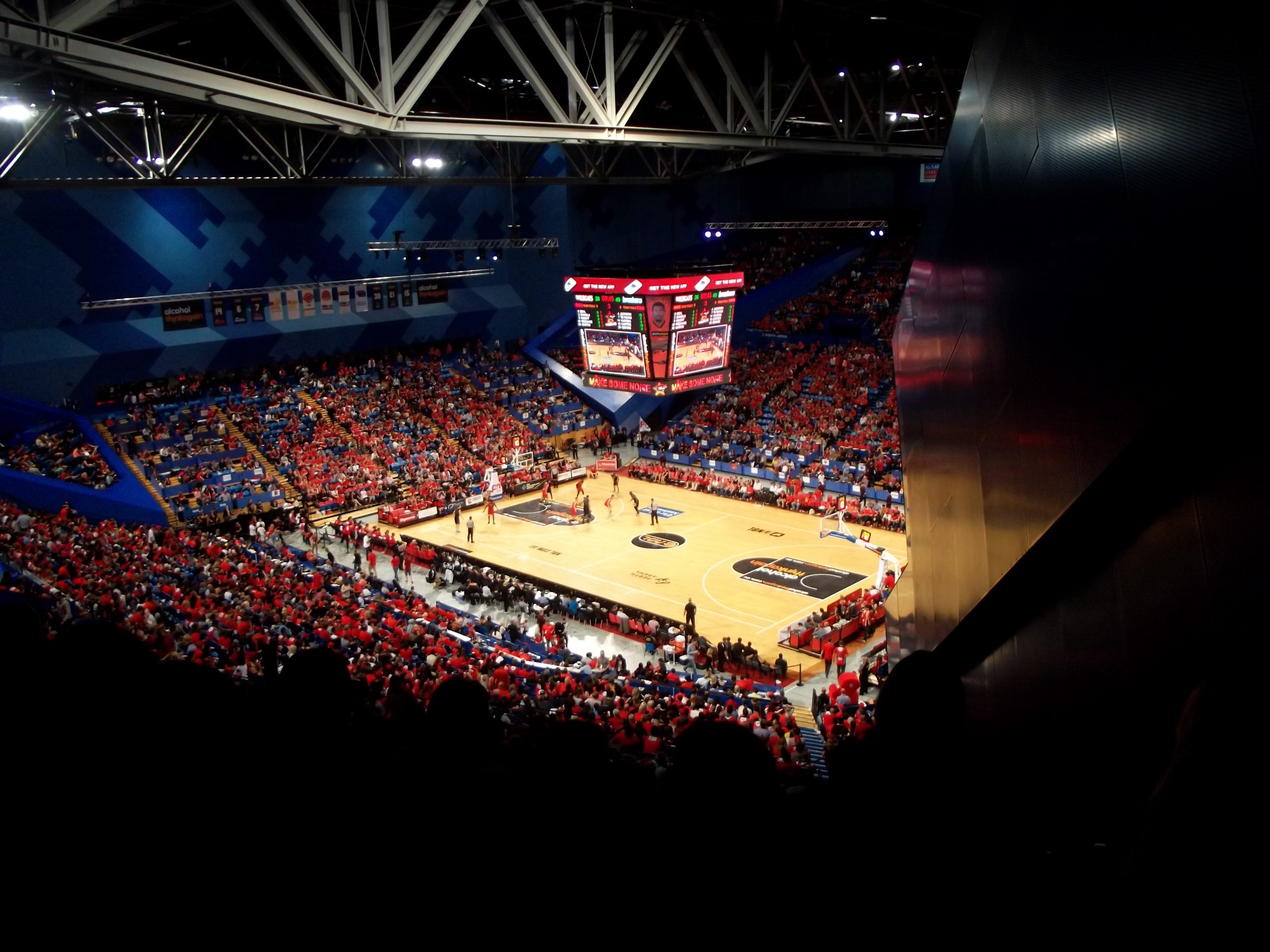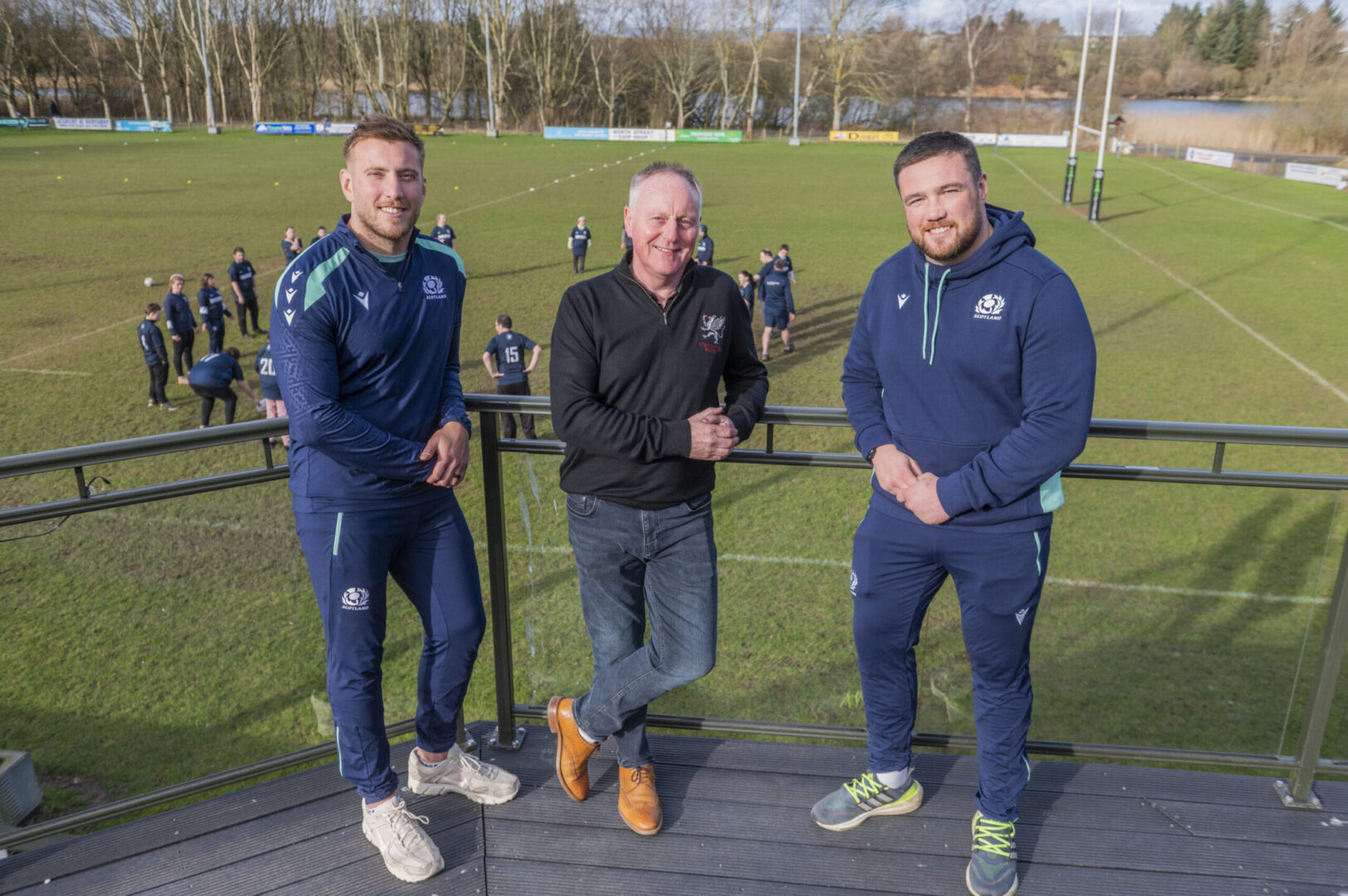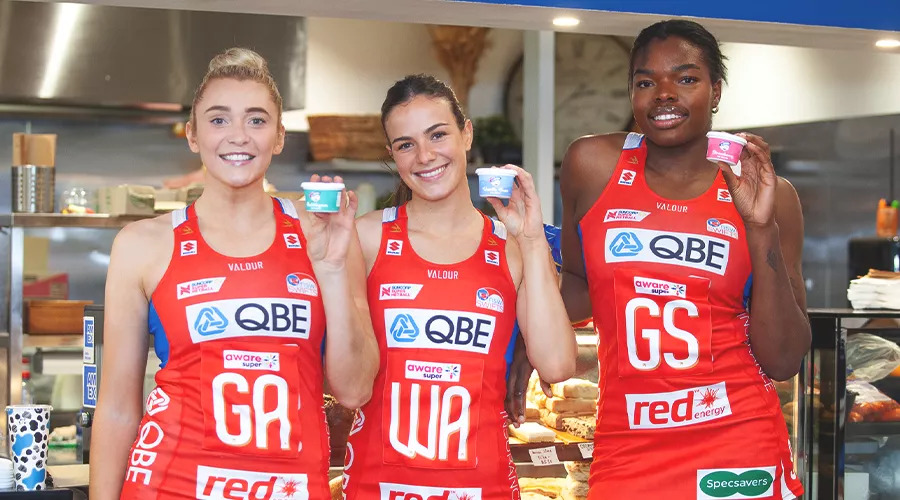[mkdf_dropcaps type=”normal” color=”#f55549″ background_color=””]I[/mkdf_dropcaps]
n an exclusive interview with Ministry of Sport, Perth Wildcats general manager of commercial, Anthony Radich, discussed the way the reigning NBL champions have adjusted their commercial strategy in the face of COVID-19.
Radich said the way the 2019/20 NBL season ended prematurely during the Grand Final series, was initially disappointing, but led to a great level of understanding and compassion from the club’s corporate partners.
“Naturally, everyone was disappointed, and I think I speak for everyone in our members and fans, as well as our corporate partners, we were disappointed with the way it culminated,” Radich told Ministry of Sport.
“We definitely weren’t disappointed with the final result (Perth were crowned champions after leading the five-game series against the Sydney Kings 2-1).
“We achieved the outcome we were all seeking, but it just was not the ideal way to end; it wasn’t as buoyant or as celebratory as such an occasion and achievement deserved…
Speaking about the first home Grand Final game that was abruptly closed to the public at short notice because of the onset of the disease, Radich commented
“It sort of took the air out of all of our tyres a little bit and I think that was reflected in the game …
“From that evening, right through to where we are now, the level of understanding, compassion, and willingness to work together and seek solutions and be flexible has been really apparent amongst our partners.
“Having spoken to the other affected codes, they’ve largely experienced the same, which has been very reassuring to hear.
“To have it reinforced to you that sports mean a little bit more than just a business or commercial transaction, is definitely heartening,” he said.
Talking further about how the Wildcats commercial strategy changed when COVID-19 first threatened the competition, Radich said the focus was on renewing the club’s existing sponsors before the end of the season.
“Our biggest focus from the onset of COVID had been around finalising our renewals, that was our strategic priority,” Radich said.
“Thankfully as a business, we have a strong legacy and a lot of discipline and rigour on how we approach that and at the beginning of February we were in market for renewals, right at the end of our regular season and we have a pretty good track record with 34 years straight in the finals.
“That pretty much allows us a good four-six weeks or more to have a real strong push on renewals and leverage the momentum of being on the cusp of finals.
“That’s been part and parcel of the business for many years, and we’re really thankful that was the case because that allowed us to renew a significant portion of members and sponsors before mid-March when the grand final ended the way it did.
“The focus from that point on was, trying to renew those that remained, the sentiment very early was that those who weren’t ready to renew, weren’t flat-out noes.
“There was a constant theme amongst our corporate base to wait and see and the intent was they wanted to continue.
“We had this strong undercurrent of intent to remain with the Wildcats and go again and we kept feeding that back to our board and that gave us a lot of hope.
“As things improved in WA, they started to then trickle back through and that boosted our confidence even more. With time on our side we were then and remain now very optimistic.
“We recognised, given the enormity of what had transpired, new business and significant new business was going to be difficult to come by, and a lot of the significant new business you do acquire, takes a lot of work and a lot of conversation, dialogue and back and forth.
“We had some interested parties who, at the onset of COVID, said ‘it’s probably not the right time’ and we appreciate that.
“They’re conversations we will pick up down the track.
“We recognised any new business is going to be of a smaller nature and we need to be more selective and targeted in our approach.
“Our focus was built around trying to retain as many existing clients as possible, and we are really pleased with what we have been able to achieve,” he said.
When asked about the value the Perth-based club has being based in Western Australia, away from Australia economic and sporting capitals in Melbourne and Sydney, Radich said the bigger markets that are Melbourne and Sydney would definitely boost the monetisation value of the club’s commercial portfolio.
“It wouldn’t hurt being exposed to a larger market, most definitely that would mean increased commercial values,” Radich said.
“With the bigger metrics associated with that, the commercial side would definitely be increased significantly. That is a very simplistic view assuming the same high levels of affinity and engagement with our community and passionate membership that we receive in Perth.
“Given what we can attain as a sport and as a club and what we do return, all of our partners can definitely see the value derived [in Perth] and it is significant.
“For us, it’s just about trying to maintain a culture of excellence, it’s the set of values, it’s very much about being a strong team on the court, but it’s also just as important being a strong and cohesive team off the court, and that resonates right throughout our organisation.
“The Wildcats have built themselves around incredible success and that is the obvious outcome that people recognise, but there’s some other underlying values that appeal to our partners and members.
“The strong sense of community with the Wildcats organisation resonates really strongly, as does the strong sense of family.
“Success is the ultimate outcome of a lot of things, but the core set of values around the organisation is the key determiner.
“Success of an organisation is far bigger than simply success on the court, it’s a far bigger picture,” Radich said, speaking more broadly about the direct connection between the club’s on-court success and off-court success.
“Definitely the success helps, but it’s that holistic view of the organisation, what you do in the community, what you do on a game night, what you mean to people emotionally, and how you engage them from a marketing point of view.
“Success is a very important factor, but it’s not the be all and end all.
“If you maintain a competitive standard, I think you can still have people coming back with that sense of belonging and believing.
“People want something to belong to, and I think in that environment like COVID, that sense of belonging and believing in something is really important, and that’s the beauty of sport,” he said.
Radich also told Ministry of Sport COVID-19 has reaffirmed the need for sports rights holders to be flexible.
“The biggest takeaway [from COVID-19] is the reinforcement of the need to be flexible, to be able to look at alternative means of being able to accommodate partners objectives,” Radich said.
“That underlines the importance of having a really good understanding of what the needs and objectives of your partners are, because there’s obviously many ways of being able to achieve them.
“In an environment like this, I think you need to be able to look beyond what you’ve agreed contractually and look at other means and ways to how you might be able to achieve it in different ways.
“A lot of our partners are really genuine partners that really want to be supportive of the Wildcats, beyond strictly a commercial return on investment.
“Naturally, that’s a key driver, but they do genuinely want to be seen in a partnership with us.
“A lot of the partners we have on board have been with us for a while, so there’s that level of trust that we will do the right thing, and we will provide a solution and work through it together,” he told Ministry of Sport.







